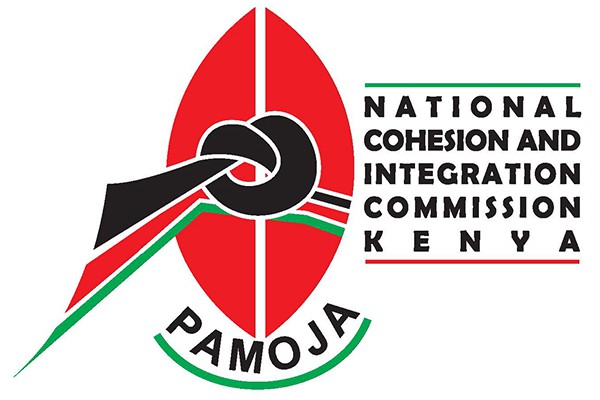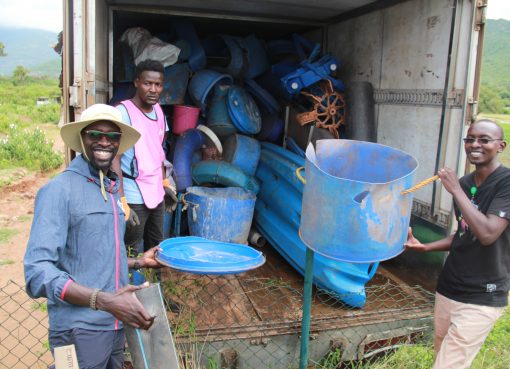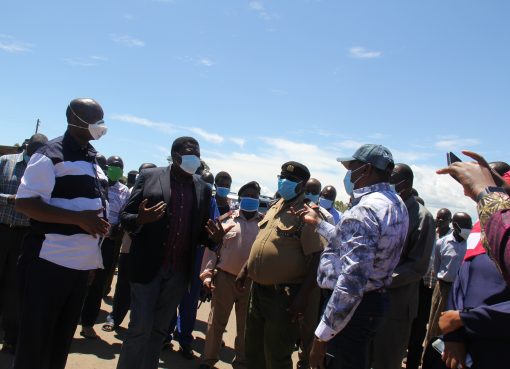National Cohesion and Integration Commission (NCIC) has released its observations and key lessons learnt from the recent general elections in Zambia, as a guide towards Kenya’s ‘Elections Bila Noma’ initiative.
The Commission, alongside other observers participated as part of the Common Market for Eastern and Southern Africa (COMESA) election observer team that had been deployed to make an independent and unbiased assessment of the 2021 electoral process in Zambia.
Addressing the media in Nairobi, NCIC Commissioner Sam Kona affirmed that the Zambia elections were conducted in a peaceful and professional manner, despite being conducted against a backdrop of deepening political polarization and shrinking democratic space.
Kona commended the people of Zambia for establishing a reputation as one of Africa’s stable democracies, following the peaceful transfer of power from President Edgar Lungu to opposition leader Hakainde Hichilema.
Accrediting state institutions for exercising impartiality and competence, he commended the Electoral Commission of Zambia (ECZ) for enhancing credibility and transparency of the elections through hiring competent staff, availing adequate election materials and deploying monitors across the country.
“It is a major shot in the arm for democracy not just in Zambia but well beyond its borders,” said Kona.
Expressing the high voter’s turnout, Kona further highlighted that there was an impressive and significant participation of women and youth in the electoral process.
“Over 50 per cent of the 7 million voters were youths, who we believe influenced the wave of change. The running mates for the two major parties were women and they formed the majority of the 52.7 per cent of registered voters in the 2021 elections,” stated Kona.
Comparing the status of Covid-19 in Kenya and Zambia, Commissioner Dorcas Kedogo mentioned that the virus was a key challenge to the electoral process, however, the ECZ managed to put in place measures that ensured Zambians participated safely in the elections.
“As Kenya prepares to conduct its general elections, the commission hopes that Covid-19 protocols and restrictions will not be weaponized to undermine democratic processes that Kenyans look forward to,” she said.
Kedogo acknowledged that the patriotism among Zambian nationals and persistence of political leaders in remaining in unison was key in undermining the tribal politics in the South African country.
She urged Kenyans to learn from the Zambian counterparts and upgrade to the fact that, ‘Kenya is more important than a tribe and party.
Giving his remarks, Commissioner Danvas Makori, said that the Zambian polls are a tribute to the democratic ideals upon which the country was founded and an aspirations for the democratic aspirations of people around the world.
He confessed that based on what they have observed from ECZ, NCIC looks forward to making a number of recommendations on the manner in which Kenya expects to conduct its forthcoming general elections.
Makori announced that NCIC has already launched a roadmap to peaceful elections in Kenya and will engage with the Senate to amend the Commission’s Act, a move that will give them more powers to curb hate speech in the country.
“The Commission expects institutions like the Independent Electoral and Boundaries Commission, and the National Police Service to have the courage to resist any form of manipulation that will deny Kenyans their will,” stated Makori.
By Moffin Opilio




